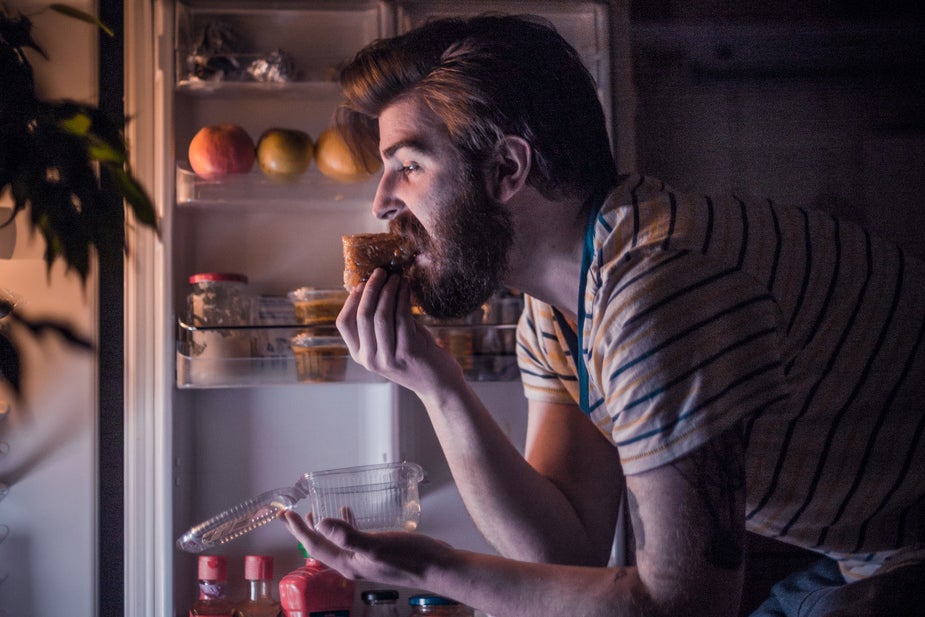Hormones that make you hungry rise in the evening, study finds
Feeling stressed can also prompt people to overeat

Your support helps us to tell the story
From reproductive rights to climate change to Big Tech, The Independent is on the ground when the story is developing. Whether it's investigating the financials of Elon Musk's pro-Trump PAC or producing our latest documentary, 'The A Word', which shines a light on the American women fighting for reproductive rights, we know how important it is to parse out the facts from the messaging.
At such a critical moment in US history, we need reporters on the ground. Your donation allows us to keep sending journalists to speak to both sides of the story.
The Independent is trusted by Americans across the entire political spectrum. And unlike many other quality news outlets, we choose not to lock Americans out of our reporting and analysis with paywalls. We believe quality journalism should be available to everyone, paid for by those who can afford it.
Your support makes all the difference.Your “hunger hormone” levels rise and your “satiety hormone” levels drop in the evening, a study has discovered.
A report published in the International Journal of Obesity investigated how evening hours can influence a person’s tendency to overeat.
The study, which was overseen by Johns Hopkins Medicine in Baltimore, also took the participants’ stress levels into account, exploring whether a person’s mental state can also impact their “hunger hormone” levels.
The researchers conducted a series of experiments with a small group of 19 overweight men and 13 women, aged between 18 and 50.
The body mass indices of the participants was recorded as ranging between 28 and 52.
Each individual fasted for eight hours, before receiving a 608 calorie liquid meal at either nine o’clock in the morning or four o’clock in the afternoon.
They then underwent a stress test and had their blood taken in order to have their stress and hunger hormones assessed.
During the next stage of the experiment, the participants were then presented with a grand buffet of food.
The researchers concluded that people may be more prone to eating due to increased hunger hormone levels during the latter part of the day.
“Our findings suggest that evening is a high-risk time for overeating, especially if you’re stressed and already prone to binge eating,” said Sarah Carnell, Ph.D., assistant professor of psychiatry and behavioural sciences at the Johns Hopkins University of Medicine.
“The good news is that having this knowledge, people could take steps to reduce their risk of overeating by eating earlier in the day, or finding alternative ways to deal with stress.”
In 2017, the Organisation for Economic Co-operation and Development reported in their annual Health at a Glance report that 26.9 per cent of the British population can be classified as obese, due to having body mass indices of 30 and above.
Since the 1990s, obesity in the UK has increased by 92 per cent.
Join our commenting forum
Join thought-provoking conversations, follow other Independent readers and see their replies
Comments